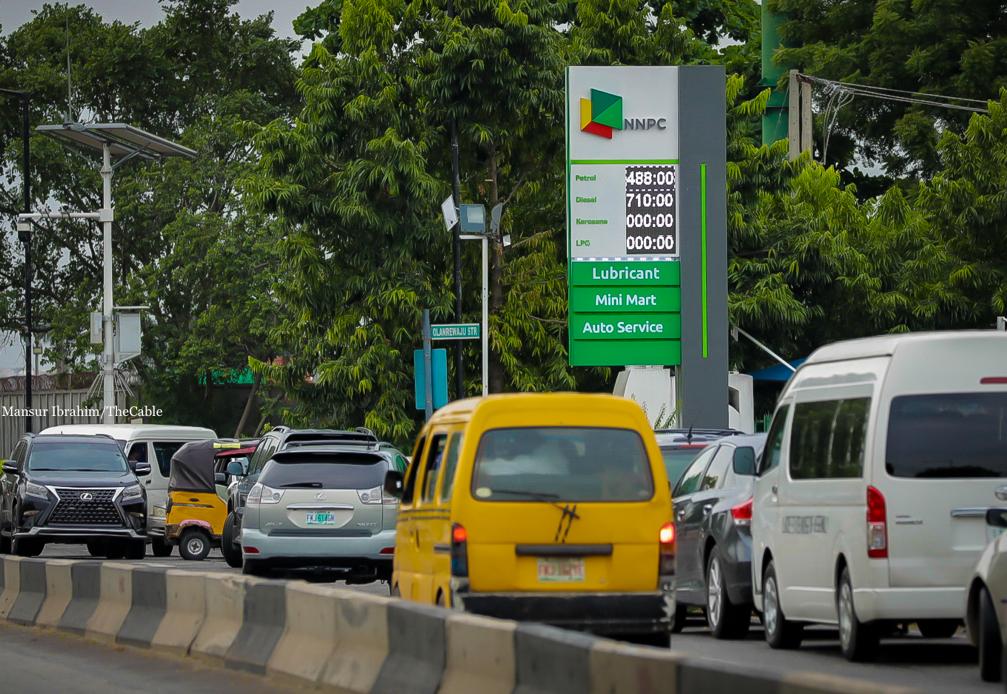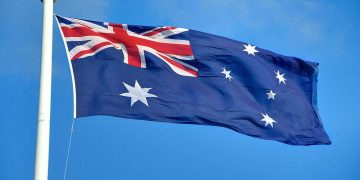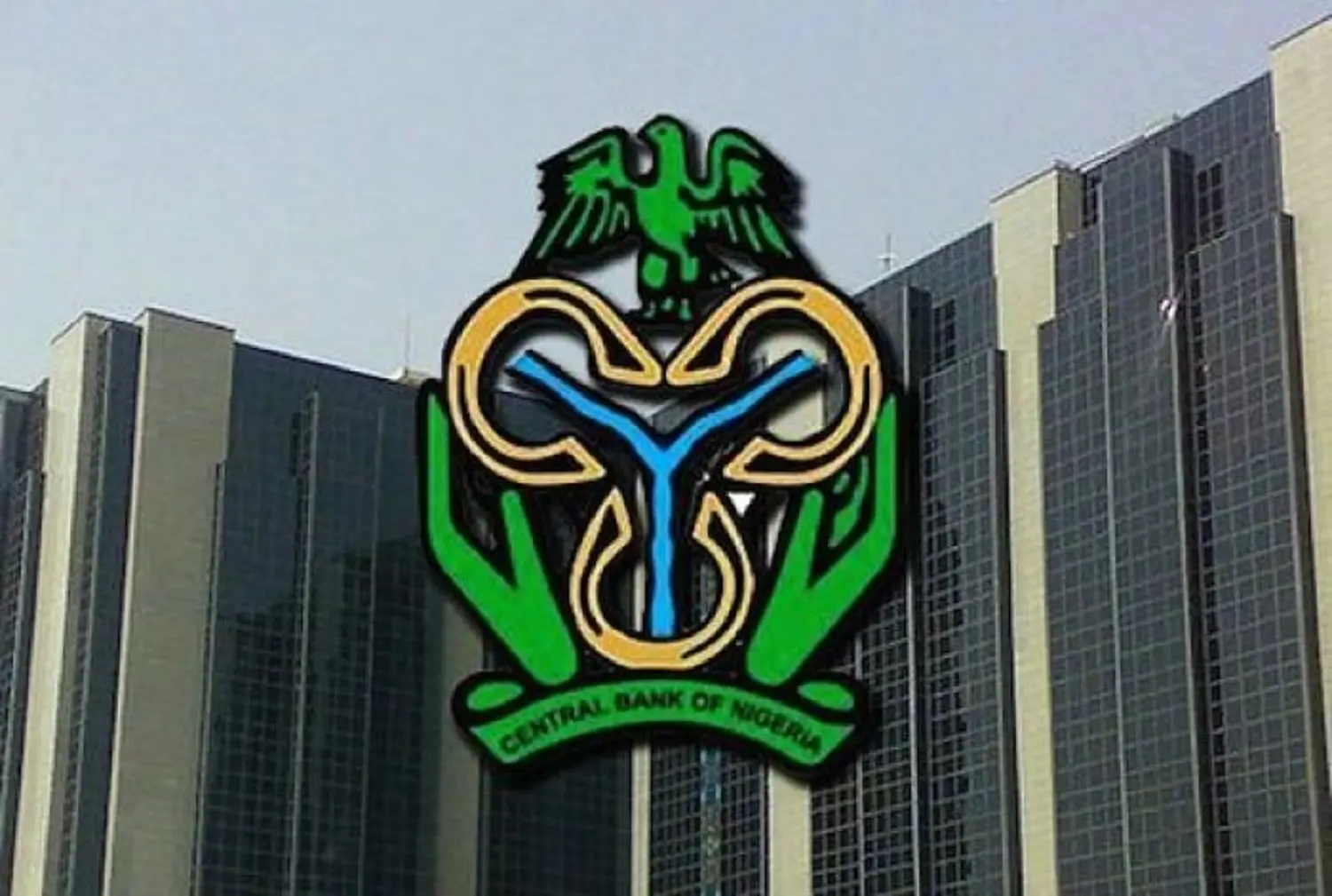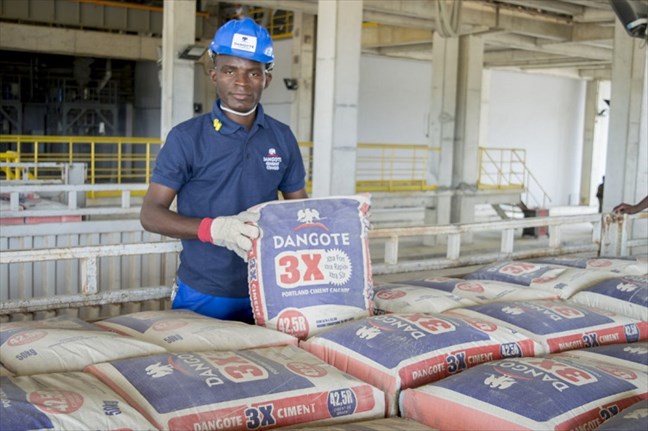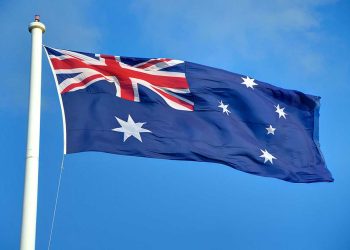The Nigerian National Petroleum Company Limited (NNPC) and the Independent Petroleum Marketers Association of Nigeria (IPMAN) have both denied reports circulating on Wednesday about a proposed increase in petrol prices to N1,200. These reports originated from some blogs and social media accounts that misinterpreted a national newspaper’s article discussing the potential pump price of petrol under market forces.
In response to these rumours, NNPC clarified in two statements that subsidy payments have ceased, and there are no plans to raise fuel prices. The Chief Corporate Communications Officer of NNPC, Olufemi Soneye, emphasized that the publication’s claim of subsidy reduction was inaccurate and urged Nigerians to disregard the unfounded rumours.
Recommended: Dangote Refinery, IHS, NNPCL and Others to boost Nigeria’s stock market in 2024
Additionally, IPMAN National Chairman, Abubakar Maigandi, confirmed on Arise Television that there was no indication from NNPC about a price hike. Maigandi, noting that NNPC is the sole importer of petroleum products, emphasized that if they deny paying any subsidy, it should be believed. He urged marketers not to engage in panic buying, as there is sufficient availability of petrol nationwide.
Maigandi dismissed the rumours of a price increase, stating that there had been no communication from NNPC about such plans. He explained that the current situation, where NNPC is the sole importer, is not ideal but advised marketers to continue selling at regular prices. He assured the public that any information about price changes would come from NNPC.
Read also: Nigeria’s First oil well to be drilled by NNPC in Nassarawa
Regarding the current minor scarcity during the festive period, Maigandi attributed it to the season and expected a return to normal soon. He also suggested that the operation of the Port Harcourt and Dangote refineries could lead to a slight reduction in pump prices in the future.
On the question of government savings from the subsidy removal, Maigandi stated that he was not aware, as it was not within the purview of IPMAN’s responsibilities. He mentioned IPMAN’s plans to establish two modular refineries in Lagos and Calabar, expressing the intent to have more control over the refining process.


